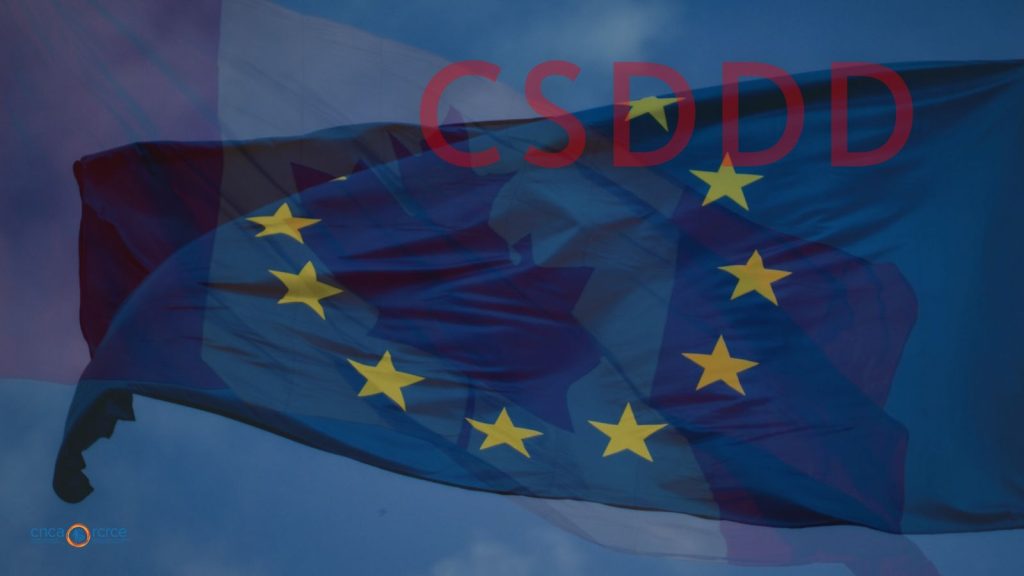A crucial corporate accountability milestone was reached today when the European Union voted to adopt the Corporate Sustainability Due Diligence Directive (CSDDD). The directive requires companies to identify and address risks to human rights and the environment in their global value chains, and makes it easier for affected people to hold companies liable in European national courts. E.U. Member States will now have two years to align their national laws with the directive. The CSDDD is the latest in a series of legislative initiatives requiring companies to take steps to prevent human rights and environmental harm in their value chains. France, Germany and the Netherlands have already passed similar laws, and proposals have been tabled in other jurisdictions, including in Brazil and South Korea.
Canada, meanwhile, continues to allow companies to violate human rights with impunity.
Despite the CSDDD garnering remarkable levels of support from the public, businesses, faith-based groups and academics in the E.U. and elsewhere, the final text of the directive was severely weakened by the last-minute maneuvering of interest groups in a small number of countries. The result is a law that represents an important step towards corporate accountability but that also has significant limitations.
In their transposing of the CSDDD into national law, E.U. members can choose to pass laws that go beyond the directive’s minimum requirements. Canada too, could introduce a human rights and environmental due diligence law that is stronger than the directive. The Canadian government recently reiterated its commitment to introducing supply chain legislation in 2024. In its design of this legislation, Canada should draw on the CNCA’s model law: The Corporate Respect for Human Rights and the Environment Abroad Act. Among other things, the act would 1) require companies to prevent human rights abuse in their supply chains, 2) apply to all human rights, including the right to a healthy environment, and 3) ensure affected people and communities have access to remedy in Canadian courts. The 41 member-organizations of the CNCA reiterate our call for Canada to pass mandatory human rights and environmental due diligence legislation, building on these landmark developments in Europe.




